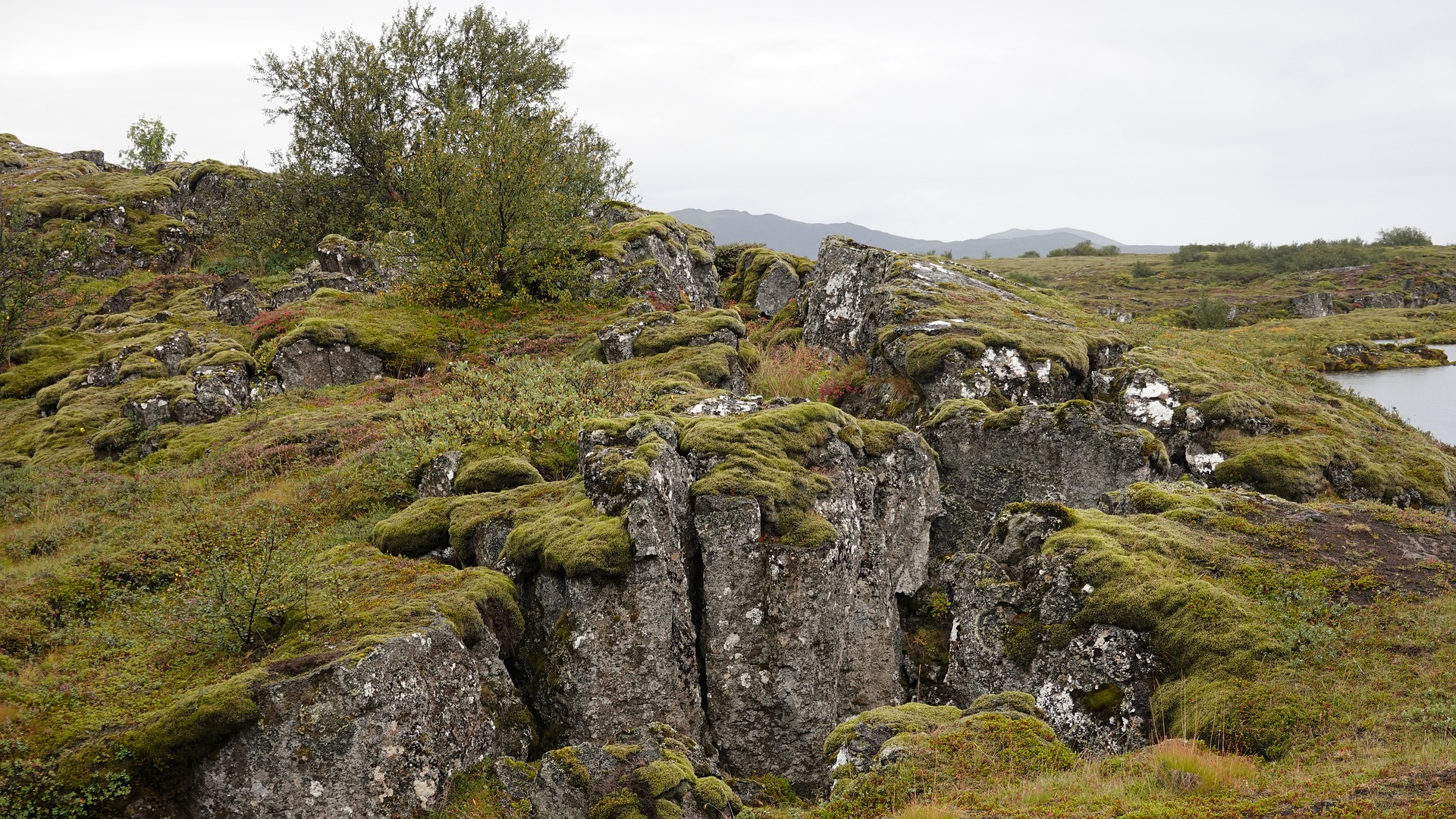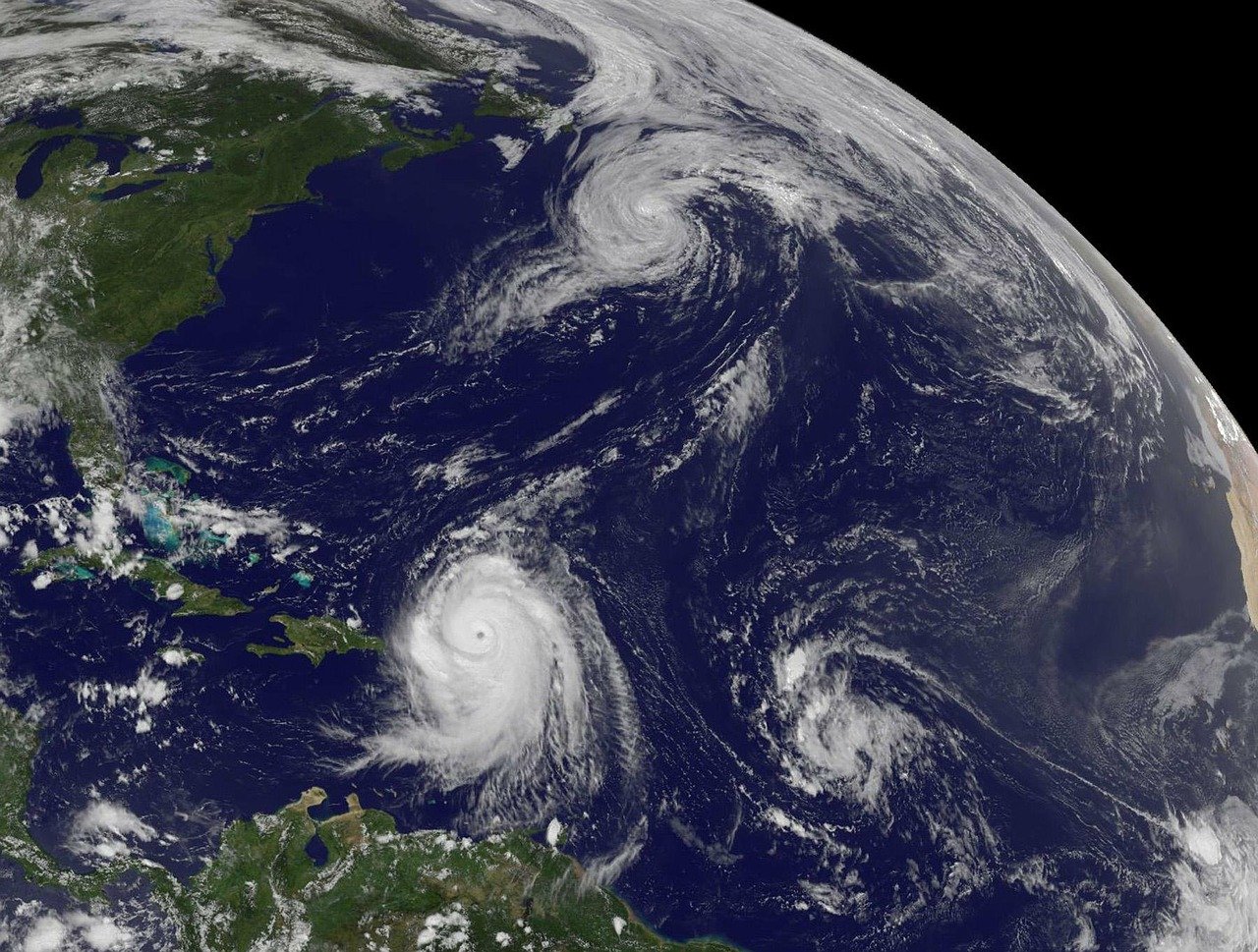
Geography
In Geography, students explore spatial structures and dynamic processes that shape the Earth. Using local, regional, and global examples, the subject investigates both the formative forces of nature and the spatial impact of human economic activity. In essence, we examine the complex relationships between natural conditions and societal actions across different regions of the world.
With the aid of smartboards and digital tools like Google Earth, we can “travel” to any country and analyse its features from a bird’s-eye view. The subject naturally overlaps with Biology, History, and Economics (VWL), offering a multidisciplinary perspective.
But Geography is not only varied in terms of content—it is also diverse in its teaching methods. Lessons are enriched through city tours and the use of modern media. This subject contributes significantly to students’ general education, academic preparedness, and personal development.
In the preparatory year, we focus on:

- Plate tectonics
- Atmosphere, weather, and climate
- Europe as an economic area
- Tourism in Europe
In the qualification phase, the key topics include:
- Geo-ecosystems, such as tropical rainforests
- Climate change
- Functional structure of cities and megacities
- Integration of Global South countries into the world economy
- Globalisation

Urban development is, of course, examined using the example of Germany’s most beautiful city—Hamburg. We delve into current urban development issues such as the transformation of HafenCity, which we explore in depth through guided walking tours.
In summary, Geography is an exceptionally engaging and highly relevant subject. All students who do not choose Politics (PGW) or History are required to take Geography and include it as part of their Abitur examination subjects.